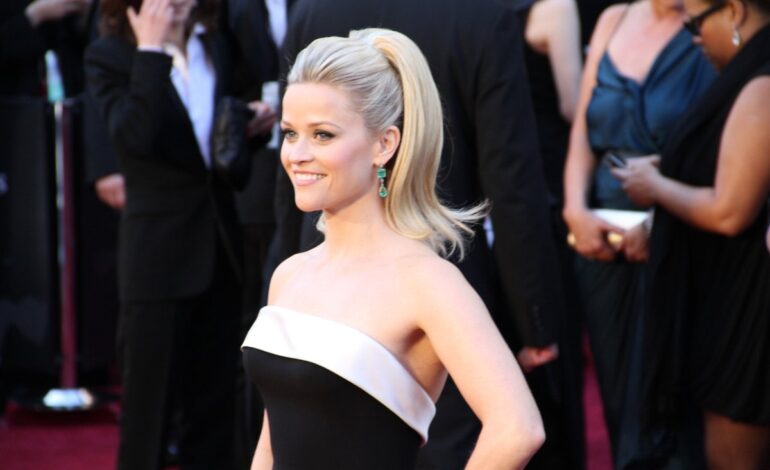Reese Witherspoon’s Hollywood Ego Check: Fincher Passed on Gone Girl, Lessons in Producing and Patience

Okay, but like, let’s start with truth: Reese Witherspoon got a hard reality check from David Fincher about a role she really wanted. In a candid chat on Bowen Yang and Matt Rogers’s Las Culturistas podcast, the star revealed that she had optioned the rights to Gillian Flynn’s blockbuster novel Gone Girl with the plan to star, only to be told flatly by Fincher, “You’re totally wrong for this part, and I’m not putting you in it.”
Despite Witherspoon having the support of the author, Flynn, who kept nudging her to take the lead, Fincher stood firm. The director cast Rosamund Pike as Amy Dunne opposite Ben Affleck, with a supporting cast that included Carrie Coon, Tyler Perry, and Neil Patrick Harris. For Witherspoon, the moment wasn’t just a career miss; it was a gut check about fit, audience expectations, and the idea that the director’s vision trumps star power.
She described the moment as an ego check and a revelation that you can be right in many ways yet still not be right for a specific part. The reasoning behind Fincher’s stance wasn’t elaborated in detail, but Witherspoon speculated that bringing a certain star-driven audience could have altered the tonal balance of the thriller. The takeaway wasn’t bitterness but growth: sometimes the magic happens when you step back and let the director steer the ship, even if it means a personal itch goes unsatisfied.
Fincher’s rejection coincided with a broader arc in Witherspoon’s career as a producer. This project marked her first big foray into producing via Pacific Standard, the company she formed to shepherd material from page to screen. As the film world watched, Fincher’s decision highlighted a broader truth about production: producing often means getting out of the way and letting others drive the creative train. Witherspoon later reflected that the experience was a lesson in how to support the best possible outcome, rather than actively steering every paddle stroke.
From there, her perspective evolved in a way that resonates with many creatives who negotiate the transition from actor to producer. Even after Gone Girl, the path to being taken seriously in a producing role was not instantaneous. She admits that it took a hit show like Big Little Lies to cement her status as a credible producer in Hollywood, a milestone that wasn’t just about prestige but also about influence and creative clout. Witherspoon notes that despite three Oscar nominations for Gone Girl and Wild, it wasn’t until the HBO hit that people began to recognize her as more than a name on a poster.
Today, Witherspoon has built a robust slate that includes projects she stars in and produces, such as Little Fires Everywhere, The Morning Show, and You Are Cordially Invited. The story behind Gone Girl remains a reminder that Hollywood’s decision-making machinery isn’t a popularity contest, and that even a top-tier star with a proven track record can be left on the bench when the fit isn’t right. The broader message here is about professional humility, the art of listening to a director’s vision, and the discipline of letting the best version of a project come to life, even if it isn’t the version you pictured in your head.
So yes, the moment was a humbling chapter, but it also seeded a more nuanced approach to producing. Reese learned to step back, rally the team, and stay focused on the ultimate goal: great work that serves the story first, fame second. It’s a balance she has refined over the years, and it’s what helped accelerate her evolution from blockbuster actress to accomplished producer and storyteller.
As for what’s next, the saga continues to unfold with her ongoing projects that blend star power with behind-the-scenes stewardship. And while Fincher’s call may have stung at the time, it clearly propelled a broader shift in how she navigates the industry, a move that has influenced the way she curates partnerships and builds creative teams.
Anyway, that’s the deal. The ego check turned into a career compass, guiding Reese toward a producing identity that’s as influential as her on-screen roles, and the journey isn’t over yet. What else will she choose to back, and how will she balance celebrity with creative stewardship in a ever-evolving Hollywood landscape? Only time will tell, but the pattern is clear: thoughtful, selective, and unapologetically steering toward the best possible version of the story.
Attribution: Reese Witherspoon at the 83rd Academy Awards Red Carpet IMG 1306 — Mingle MediaTV (CC BY-SA 2.0) (OV)




